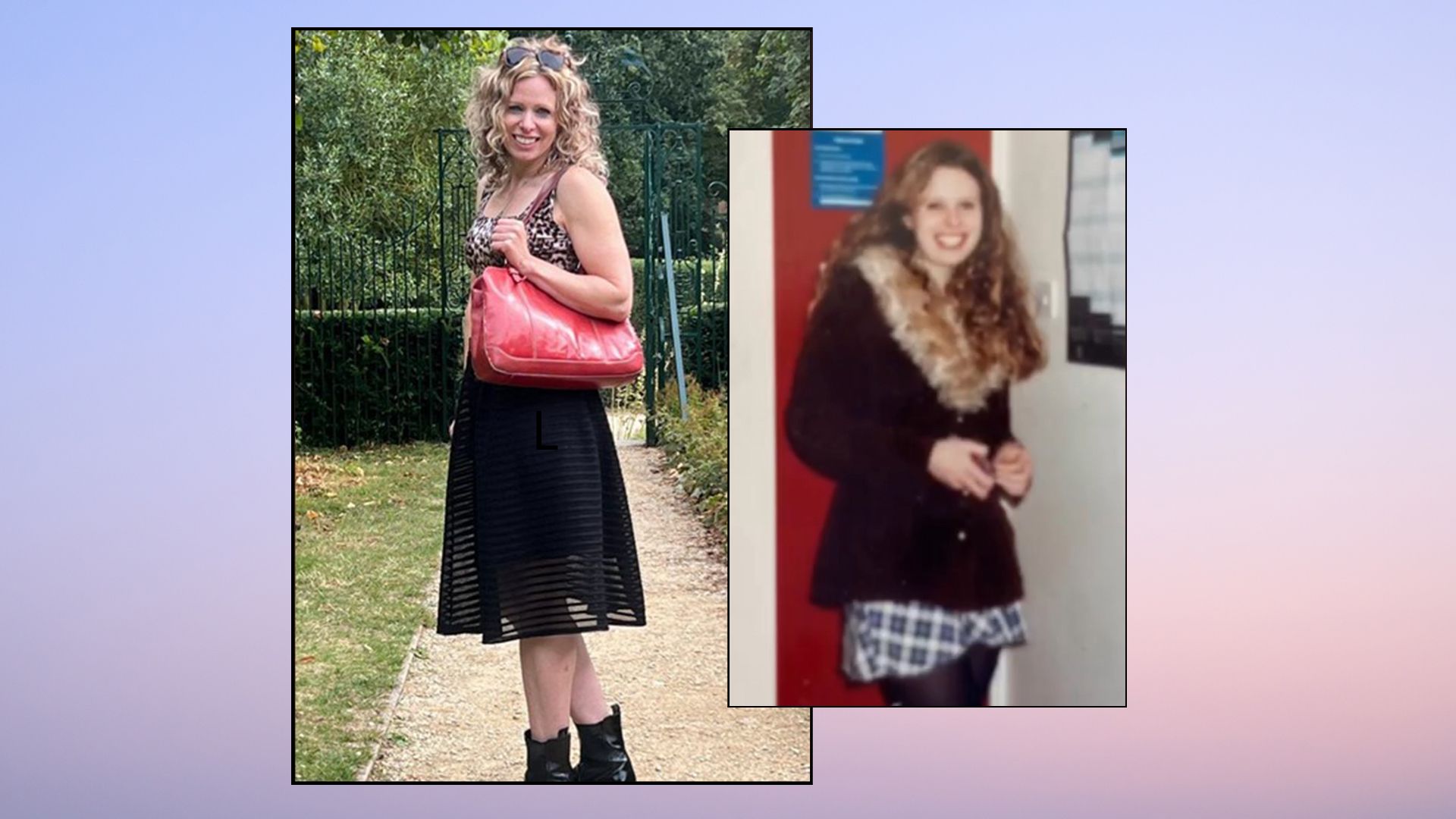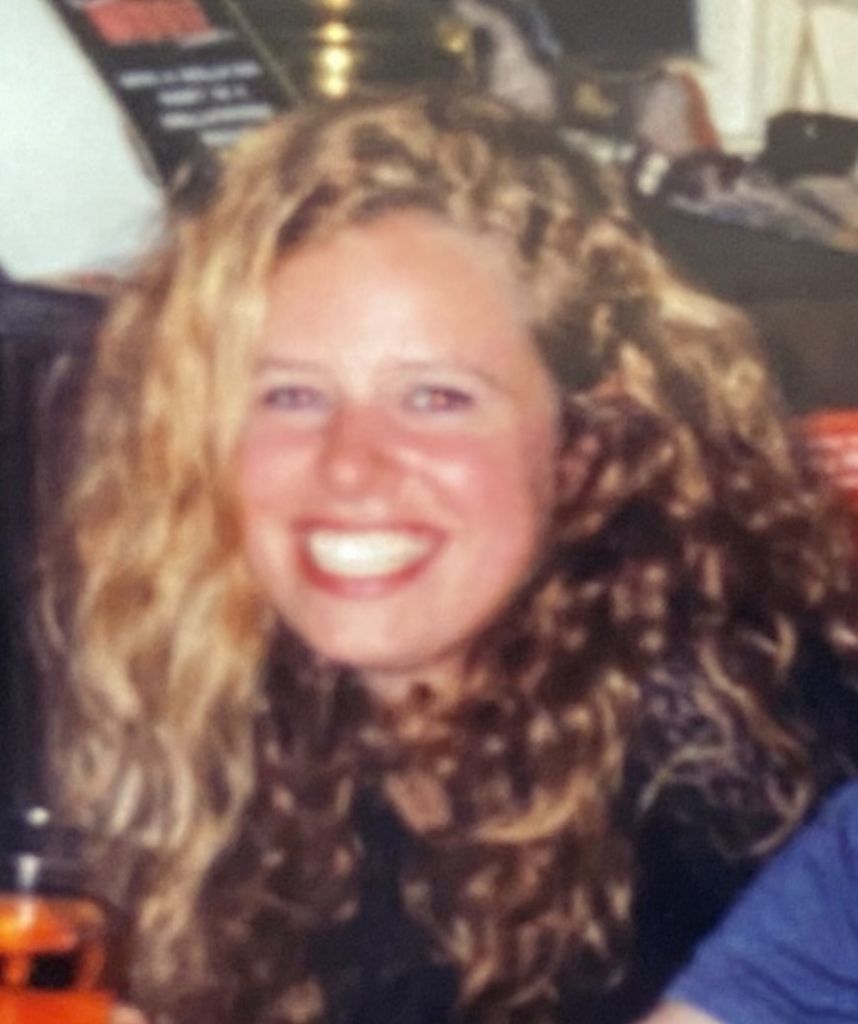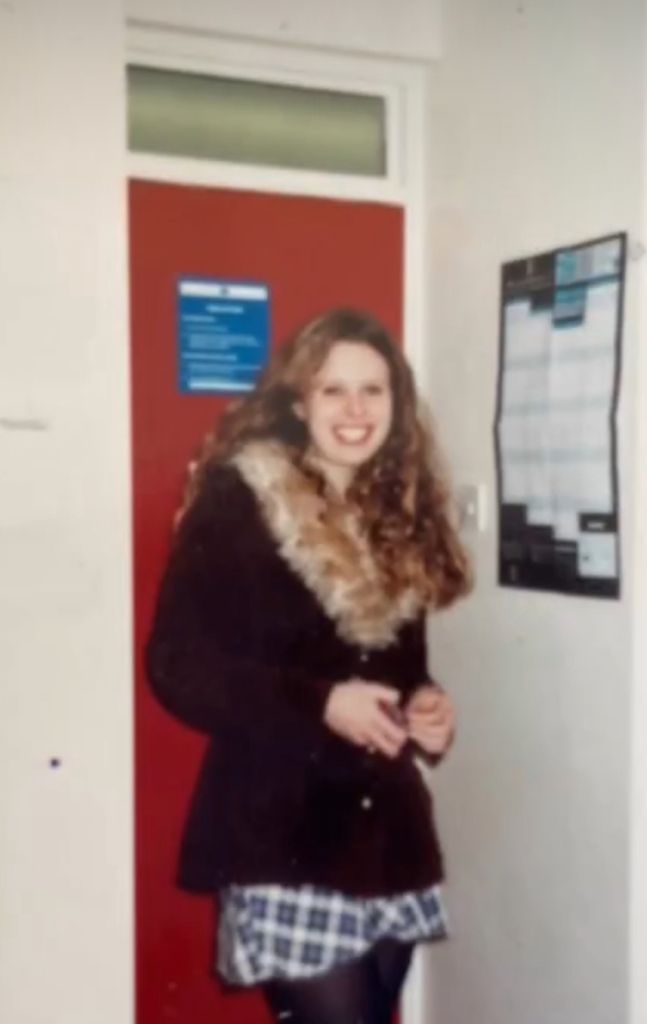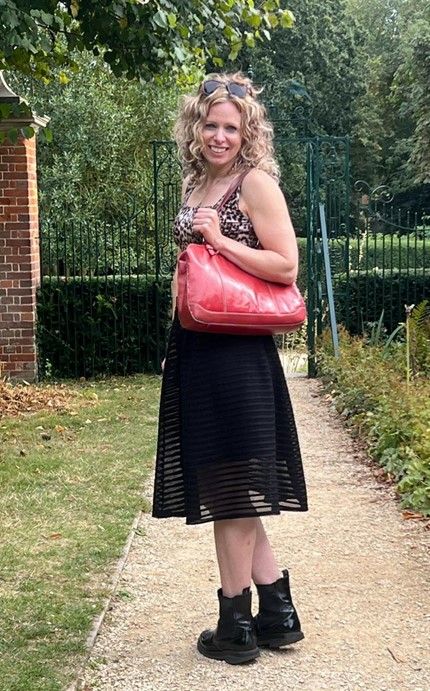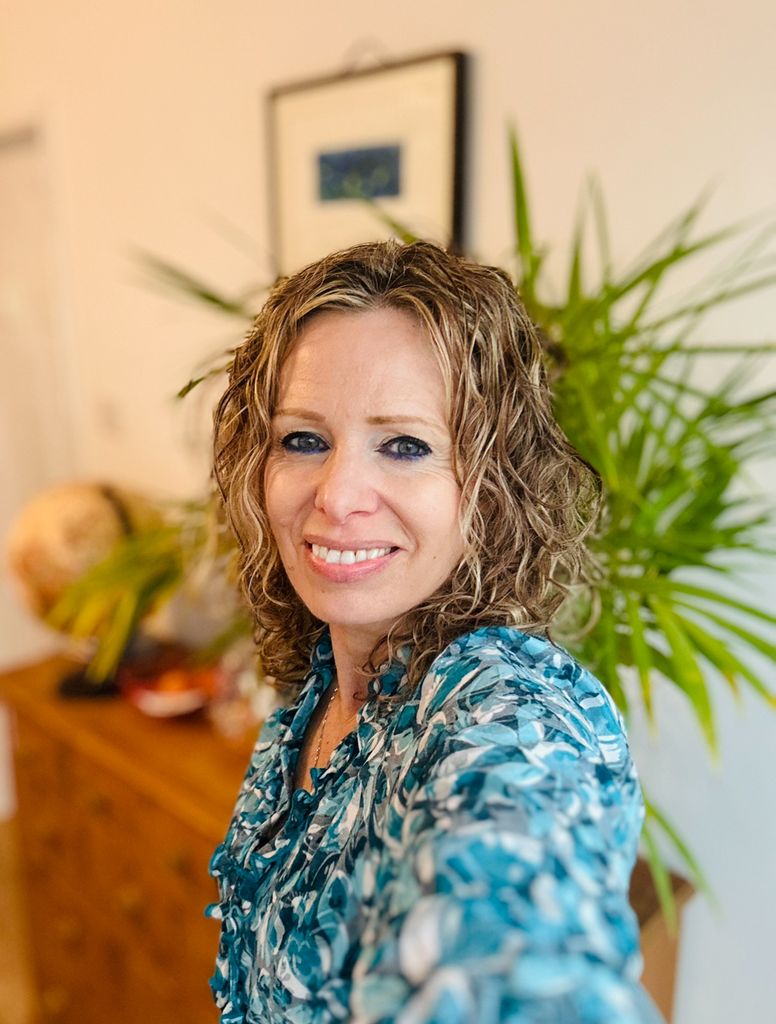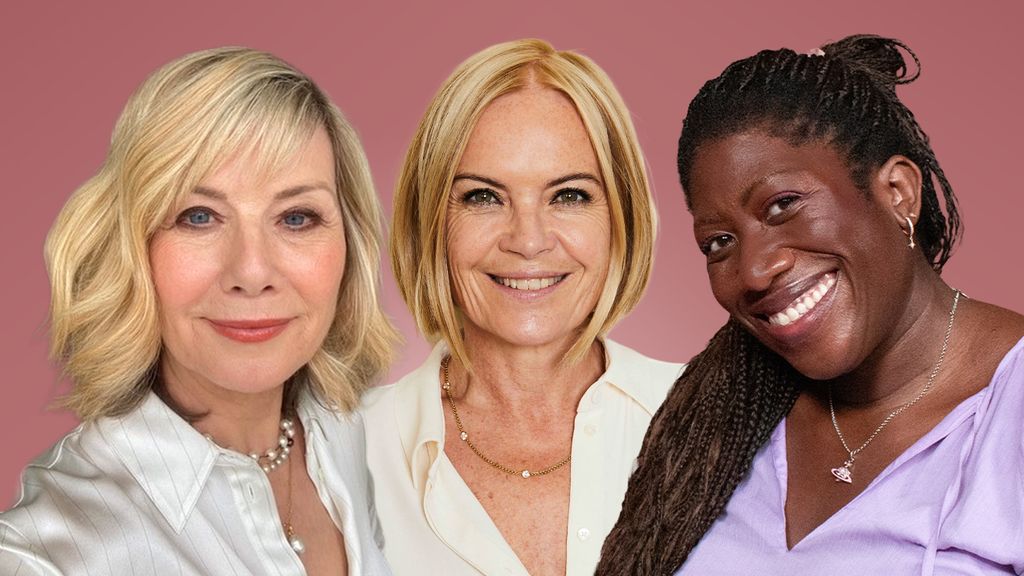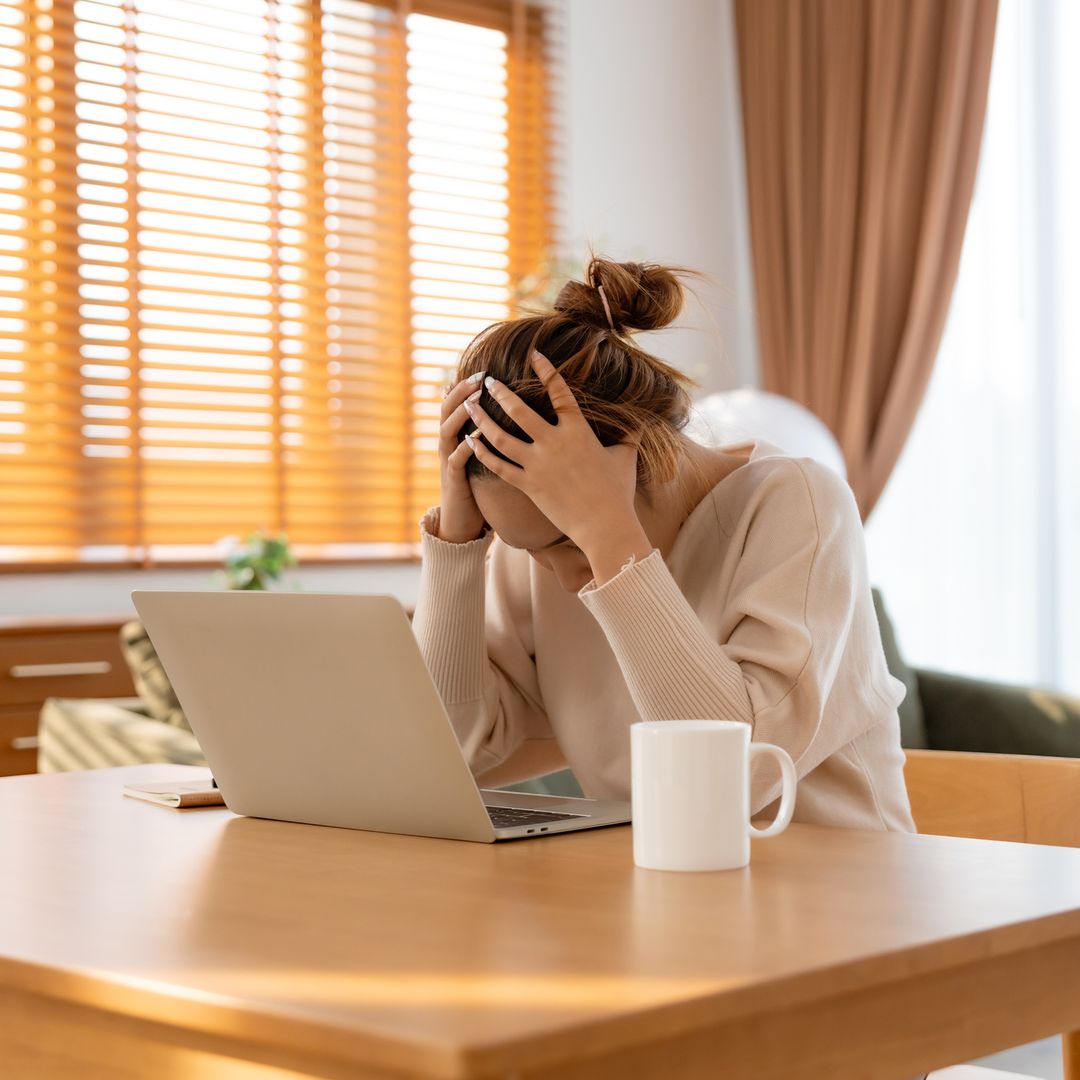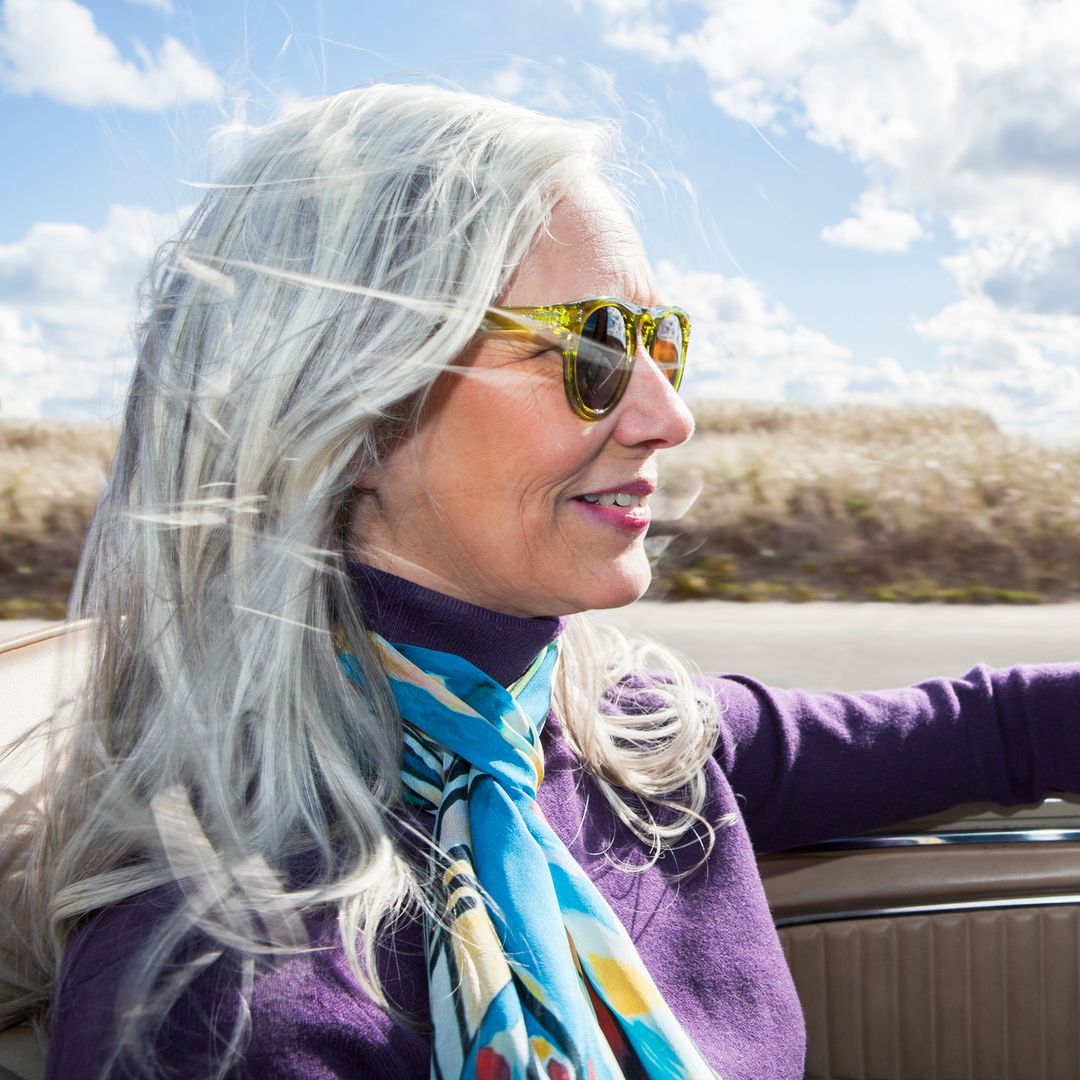In my teens and twenties, I suffered from bulimia. Contrary to popular belief, my illness was only mildly related to body image, it had more to do with battles at home.
I was desperate for approval from the people I loved, but deep down I knew that my path was not destined to follow the one they wanted for me.
It was a time of immense confusion as I craved approval and felt guilty for my choices, while simultaneously angrily storming in my own direction, with little consideration for those around me.
Food offered escape and numbness, while restriction and purging wiped the emotional slate clean, distracting from the painful feelings, albeit briefly.
I always believed that my eating disorder was a temporary phase, which gave me glimmers of hope and the possibility of a life beyond it. But despite this belief, three years into bulimia I was still trying desperately to recover, with little progress.
At 21, I cried to my GP in despair, but there was no help on offer, leaving me trying to muscle my way through recovery with sheer willpower and determination.
This often involved a non-sustainable period of restrictive eating, which felt 'good' and non-bulimic, but this only worked for a little while before extreme hunger and emotional triggers would catapult me into a full-blown binge eating episode which might last for days.
At 23, I decided to head to Australia with the logic that a new location would create a whole new me.
In reality, my head with its neurotic thoughts and low self-worth travelled with me to the other side of the world. That said, being away from home and the pressures I felt did spark a journey of self-awareness and helpful introspection.
For years, I hadn't stepped off the treadmill of perpetual obligations. In the sunshine, I had time to slow down, to think my thoughts, to reflect, to journal and to slowly take steps to come back to myself.
Travelling with a dear friend where vulnerability was safe and accepted also allowed healing through deep connection. I was expressing things out loud for the first time and beginning to make sense of it all.
I came back with a changed perspective and at 25, started going to therapy. My eating disorder symptoms were almost gone by then but the deeper issues of low self-worth, chronic people-pleasing and identity loss were rife. I didn't enjoy therapy. It felt painfully excruciating, peeling back layers of the onion and facing things I had long avoided. I definitely felt worse before feeling better.
Therapy helped me connect with the deeper issues of why I was using bulimia as a coping strategy. It allowed me to develop self-awareness and to untangle my thoughts, gaining better clarity and perspective, providing a safe space to get in touch with parts of myself that I felt ashamed and disconnected from.
Having the encouragement and support of therapy created motivation and inspiration for making changes, and I went on to train as a therapist myself, a job I do to this day.
I look back with fondness at my twenty-something self. I'm proud of her for taking steps and pursuing the road less travelled, albeit a rocky one at times.
I realise she has learned so much through walking the therapist path. She has in many ways accumulated wisdom and understanding to support clients with deep intuition and connection.
Still, there is much to know and understand, and the learning journey is ongoing. It’s another cliché to recognise how little one knows having come this far and sometimes I question if I know anything at all, but if I were to talk to my younger self I would tell her not to give up hope. Recovery is possible and you will find a way through.
I'd tell her to seek help early before the behaviours become firmly entrenched habits and to realise she is not broken and that from her greatest pain will come deep fulfilment and life purpose.
Lastly, I'd tell myself to trust her inner voice and keep putting one foot in front of the other.
Harriet is a BACP-accredited therapist, find out about working with her here.

